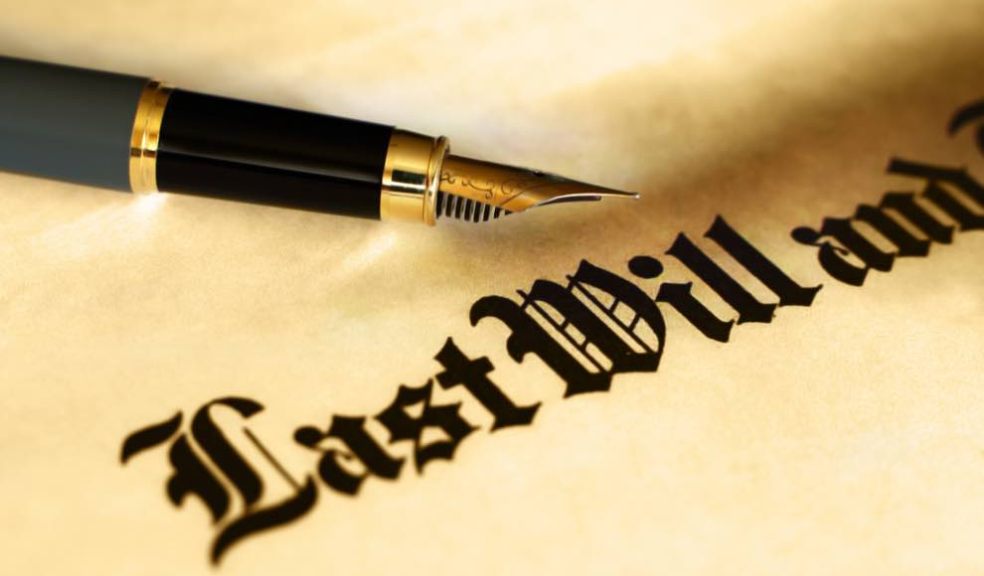
What happens if the will isn’t respected?
We've all heard stories of properties being divided among families, only for the executor of the will to disregard their loved one's wishes.
While this is a difficult scenario, there are steps that can ensure the will is followed and executed properly. This may involve making claims against family members, if necessary, to ensure the estate is handled legally and responsibly.
So, who deals with the will?
The executor, named in the will, is responsible for handling the deceased's estate.
As the person applying for probate, the executor has the legal right to manage the deceased's property, possessions, and money.
What is the role of the executor?
The executor is responsible for a number of things including:
- Making sure the property owned by the person who has died is secured
- Collecting all the money and assets
- Paying any outstanding debts
- Distributing the estate to the people who are entitled to it according to the will
- Arranging the funeral
Your executor will be legally responsible for carrying out the will and ensuring that all named beneficiaries receive what is stated. If the executor refuses to carry out the will, they can be removed from their position.
So why isn’t the will respected?
There are several reasons why the wishes in wills may not be carried out.
If named beneficiaries or co-executors decline to challenge the executor due to moral objections, there is no obligation to honour the will.
In some cases, it is possible that the executor is also a beneficiary and may manipulate the administration process of the estate so they can benefit more than the other beneficiaries. The executor must act in the best interest of all the beneficiaries and the failure to do so is a breach of their duty to carry out the will.
There may be personal reasons for a breach of a will, such as the executor's reluctance to sell the estate left in their care. However, if you find yourself in a situation where the executor refuses to follow the terms of the will, know that as a beneficiary, you have the right to apply for the removal of the executor.
And if you are a beneficiary, it is in your best interest to keep written documentation of your every conversation with the executor regarding the will, so you can refer to it later when it is needed.
However, before you rush to remove the executor of the will, attempt to raise the issue directly to them and try to resolve the issue amongst yourselves.
If there is more than one executor then you won’t be left without a representative for the estate, but if there is only one executor, a neutral executor will be proposed to take over the estate.
How to remove the executor
If the beneficiaries have reason to believe that the executor is unable or unwilling to fulfil their duties in administering the estate, it would be in their best interest to seek the removal of the executor.
Before taking this step, beneficiaries should have their solicitor write to the executor, explaining the consequences of their actions. And if the executor's response is unsatisfactory, they should then be invited to step down.
So, what happens if the executor refuses to stand down? At this point, the beneficiaries should make a court application to get the executor removed. The court procedure will differ depending on if probate has been granted already and if the executor is the sole executor or not.
It is the duty of the court to consider the conduct of the executor and review whether they have complied with the terms of the will. Additionally, the court will consider how the executor has handled complaints from their beneficiaries and co-executors.
Next steps as a beneficiary
If you are considering removing an executor, it is essential to seek legal advice urgently.
Your solicitor can assist with correspondence, negotiation, and mediation in disputes concerning the will.
Also, it is possible to seek the executor's removal even before the grant of probate is issued.
However, it is important to understand that the Court will not remove an executor solely based on personal dislike or ill feelings. The Court will consider such cases only if there is evidence that the beneficiaries have been adversely affected and that the executor is refusing to correct their approach.













